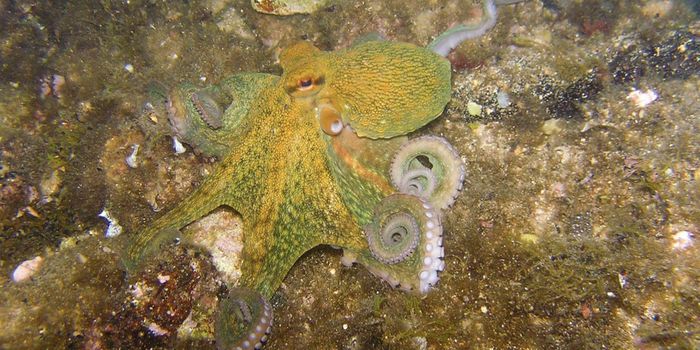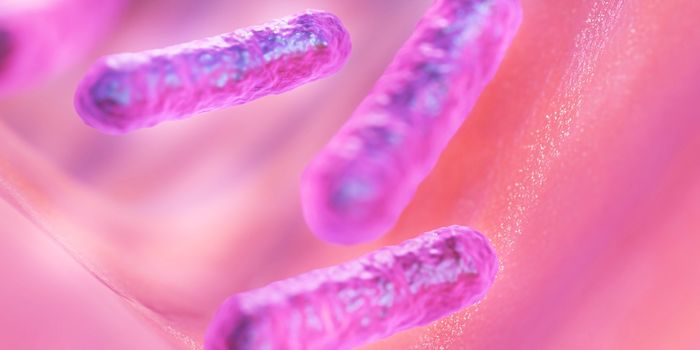Bacteria Will Commit Suicide to Spare Their Colony
In nature, strains of bacteria usually grow in colonies, and together, they are tougher. The vast number of microbes in the world have to compete for resources, and the competition can be brutal. Bacteria often produce antibiotics that will kill other microbes, for example. While it was known that in extreme cases, microbes can opt to die, break open, and release toxic contents to battle other strains, researchers have now found that when bacterial colonies are engaged in warfare, microbes in a colony can commit mass simultaneous suicide, in which almost all cells die, to destroy their competitors. The findings have been reported in Current Biology.
"The sheer number of bacteria that died in these attacks was very surprising. But the study explains why they do this: cells engage in the suicidal behavior when they are about to die anyway from a competitor's toxin. This behavior represents a last gasp attack from dying cells, which allows them to mount a formidable counter-attack before they themselves perish," explained study co-author Dr. Elisa Granato of Oxford University's Departments of Zoology and Biochemistry.
With the possible exception of programmed cell death pathways, suicide doesn't typically serve a biological function that is critical to the survival of a species. This work, which used a commonly used research microbe, Escherichia coli, shows that bacteria can and will perform just such a mass action to conserve a few members. There are parallels in this behavior to social insects like ants, which will use similar strategies against invaders.
In this study, the researchers monitored bacterial colonies with three-dimensional, time-lapse fluorescence microscopy. The bacterial colonies were engineered to change color as the suicide happened. The behavior could then be seen as it moved through the front lines that were engaging with foes, and how many cells in the colony did the same thing.
"Bacteria, like E. coli, can be both deadly pathogens and protective symbionts that live inside us," said the study co-author Professor Kevin Foster. "Whether these bacteria win their wars, therefore, can be the difference between good health and a devastating disease. The study of bacteria warfare, therefore, might help us to both push back pathogens and promote so-called friendly bacteria."
This work may help scientists develop better probiotics that will encourage good health and immune function.
Sources: Phys.org via University of Oxford, Current Biology








